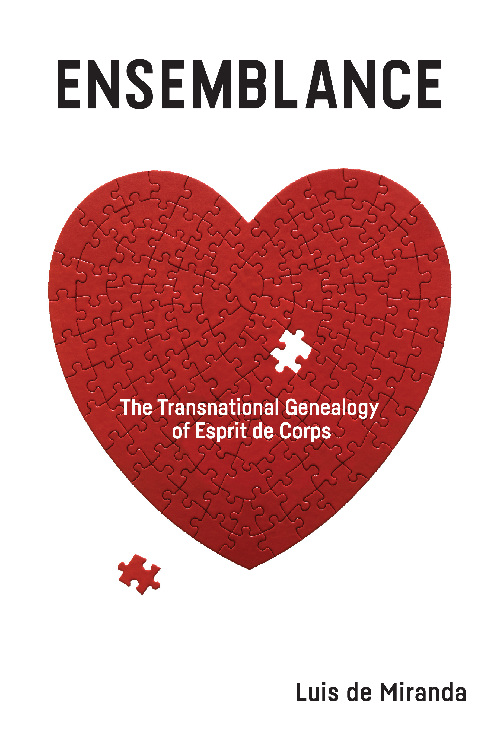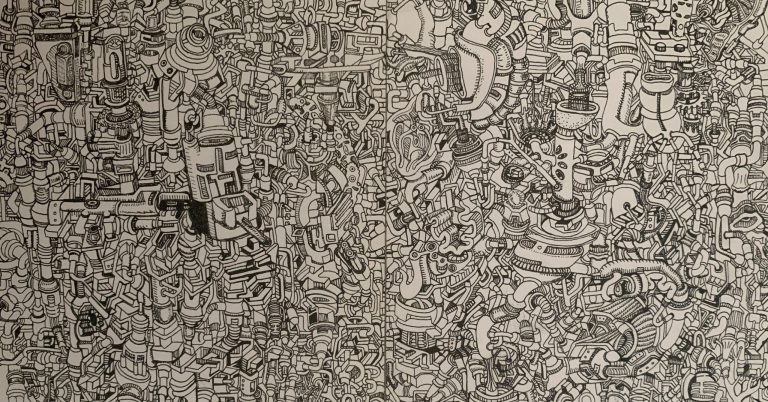
I have always liked in French the word esprit, and this is not very surprising for a philosopher. In 2014, I wondered what Deleuze and Guattari had to say about the word esprit in A Thousand Plateaus. I possessed a digital version of their book and performed a search on the occurrences of the word esprit. The authors refer several times to esprit de corps in their chapter on the “war machine”. I knew this French phrase for its groupthink depreciative meaning but had never paid much attention to the fact that it combined mind and body in the same idiom. Often a phrase is so used that we tend to think of its whole meaning without paying attention to its parts. D&G presented a laudatory meaning of esprit de corps: the alchemical principle of human ensembles, their spiritual core. I have always felt ambivalent about the ideal of being a part of an emotionally and intellectually-united group of like-minded people. Beyond well-being, “well-belonging” is a fundamental human aspiration. But so is individual autonomy.

And thus, in playing with the search function of my digital reader, I had found both my topic and my methodology. Like a semantic detective, I decided to browse as many digitised books as possible, from the 17th century to the present times, in search for the signifier “esprit de corps”. I discovered that it could be seen as an admirable feature or a horrible disease, with many fascinating variations in between. Around these three words danced the modern tensions between individualism and collectivism, autonomy and alienation, solidarity and personal freedom, rationality and emotionality, etc. This was not only wordplay: fierce debates about esprit de corps were activated at major historical and social moments: the end of the Jesuit monopoly on education, the French Revolution, the founding of America, nineteenth century imperialism, the invention of American capitalism, the world wars, or more recently the rebirth of nationalism and protectionism. The phrase “esprit de corps” was used and debated, talis qualis, in English-speaking societies since the eighteenth century. All these voices either defending esprit de corps in history and society, either criticizing it –Voltaire, Kant, Thomas Jefferson, Bergson, Churchill, Bourdieu and many others – became voices in my head trying to conquer my adhesion. Some days, I would take sides with those who advocated strong communities against individualism, and on other days, I would adhere with the French Philosophes who defended the rational person against group pressure and subordination.
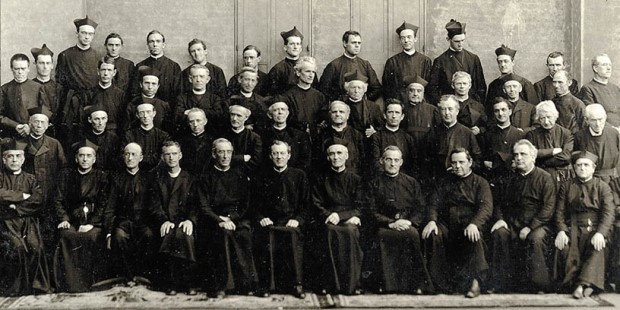
It is fashionable to explain the success of Homo Sapiens as the result of collaboration. But in the same manner as a narcissistic individual might think she is the only person really existing, there is a form of group narcissism in which the members are so mesmerised by the ethos, habits and worldview of their ensemble, that they behave and think as if the rest of the world did not really exist. The more we embrace and practice the all-for-one-and-one-for-all way in a closed community, the more we are likely to be a victim of the semblance that this particular ensemble of ours is a microcosm of the right universe. Moreover, most communities tend to try and propagate their values via forms of secular proselytism.
It is philosophically healthy to remember that the apparent wholeness of any human ensemble can be an effet de groupe, what Bergson called a fabulation, a semblance of unity and identity. Such are the dialectics, or indeed, as I explain in the book, the “crealectics” of esprit de corps: we need ensembles to create forms of life and improve our right to belong. But we should never neglect the singular subject, and our right… not to belong.
By Luis de Miranda
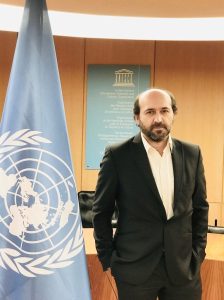
Luis de Miranda is a researcher at Örebro University, Sweden. He is also a philosophical counselor in Stockholm working with individuals or with large institutions. He is the author of a dozen books, among which Being & Neonness (MIT Press), Who Killed the Poet? (Snuggly Books), and Peut-on jouir du capitalisme? Lacan avec Heidegger et Marx (Max Milo).
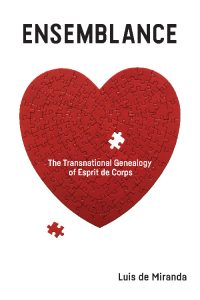
In Ensemblance: The Transnational Genealogy of Esprit de Corps, through several historical case studies from the last 300 years, Luis de Miranda shows how the phrase ‘esprit de corps’ acts as a combat concept with a clear societal impact. He also reveals how interconnected, yet distinct, French, English and American modern intellectual and political thought is.
Find out more
- Watch: The two faces of esprit de corps by Luis de Miranda (YouTube)


